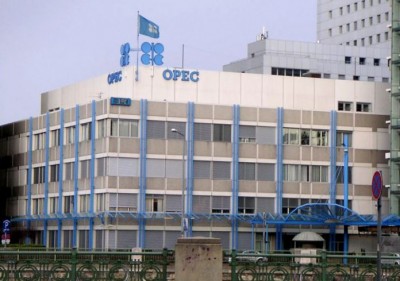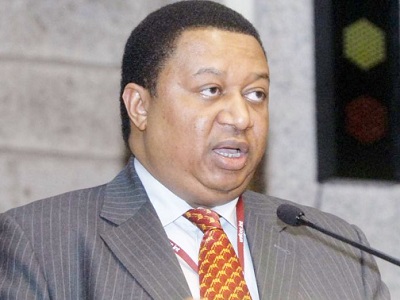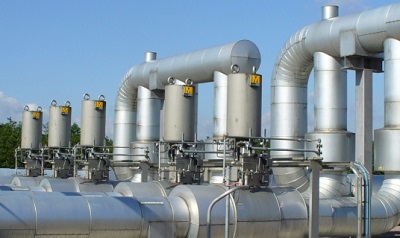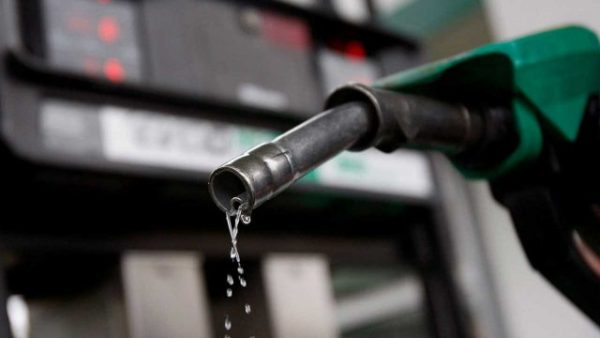OPEC deal: Concern mounts over Nigeria’s exemption
 With Nigeria’s oil output recovering to its highest level in more than a year, industry analysts have raised concern over the country’s exemption from the production cut deal reached by the Organisation of Petroleum Exporting Countries and other producers.
With Nigeria’s oil output recovering to its highest level in more than a year, industry analysts have raised concern over the country’s exemption from the production cut deal reached by the Organisation of Petroleum Exporting Countries and other producers.
The deal called on OPEC to cut 1.2 million barrels per day and 10 major non-OPEC countries, led by Russia, to cut a collective 558,000 bpd until March 2018.
Output from Nigeria plummeted to near 30-year low of around 1.2 million bpd in 2016 from 2.2 million bpd previously, as attacks on oil facilities in the Niger Delta rose at an alarming pace due to resurgence of militancy.
But Nigerian crude oil production in May jumped to 1.73 million bpd, up by 80,000 bpd from April, its highest level since March 2016, according to the most recent S&P Global Platts OPEC survey.
Since then, the Forcados’ resumption of production has boosted flows and production is expected to increase even further this summer, according to recent loading programmes.
Exports of crude oil and condensate are set to jump to over two million bpd in August, making it the longest loading programme in 18 months, according to thePlatts estimates.
With output of crude and condensate now near its full capacity of 2.2 million bpd, Nigeria, which is exempted from the current OPEC cuts, could be asked to join the deal if the recovery continues.
In late May, the Minister of State for Petroleum Resources, Dr. Ibe Kachikwu, acknowledged that Nigeria had a “responsibility” to join in the OPEC-led output cuts should its crude production returned to 1.8 million bpd.
With Nigeria’s production of condensate averaging around 300,000 to 400,000 bpd, it looks like this milestone might be reached sooner than expected.
“If they hit 2.1 or 2.2 (million bpd) and we get through the summer and potential situation with the [president’s] health, and it looks like production is stable, at that point you consider making them make the same level cuts as everybody else,” the Head of Commodity Strategy, RBC Capital Markets, Helima Croft, said.
Some analysts said that one of OPEC’s mistakes when it granted exemption to Libya and Nigeria was that it failed to outline conditions when the two countries would be brought back, which was “contributing to a credibility gap.”
“The increase in output of both these countries has exceeded expectations among the vast majority. For OPEC not to devise a strategy for this has damaged market sentiment,” a geopolitical analyst at Energy Aspects, Richard Mallinson, said.
The OPEC and non-OPEC cuts have failed to have the desired effects so far, with oil inventories not falling at a preferred pace and prices now hovering at seven-month lows.
But despite strong OPEC and non-OPEC compliance, surging US shale output and stubbornly high US inventories have led to bearish sentiment.







